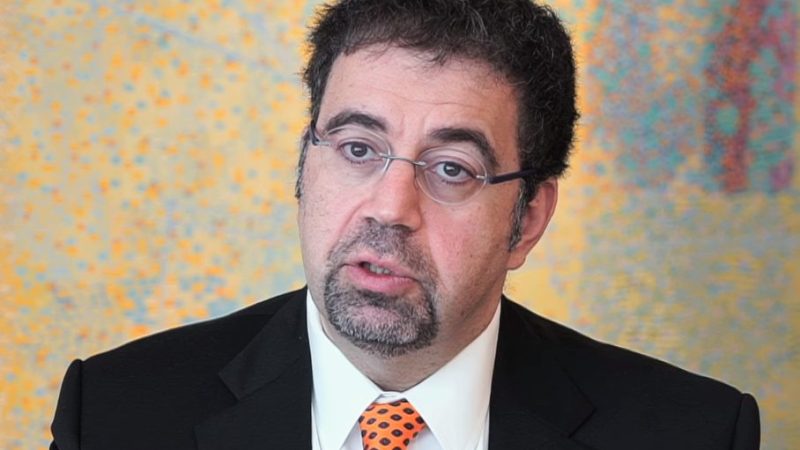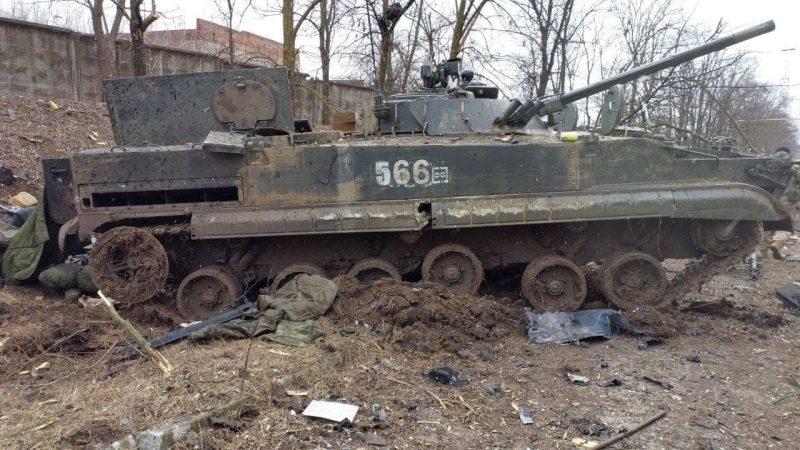Unveiling the Mystery Behind Bitcoin Mining in Bhutan

Nestled between China, India and Nepal, the tiny kingdom of Bhutan is renowned for its emblematic “thunder dragon”, Buddhist monasteries and commitment to “gross national happiness” over domestic product. But beneath the Himalayas, lies a secret that has been quietly powering Bhutan’s economy for years: Bitcoin Mining.
It was recently uncovered that Bhutan’s royal government has been using its immense stores of hydroelectricity to power its own bitcoin mine since 2020. This would make it one of only two countries in the world with state-owned mining operations. The other country is El Salvador. Recently, an official confirmed that government had begun mining “a few years ago as one of the early entrants when the price of Bitcoin was around USD 5,000.”
The renewable resource accounts for 30% of Bhutan’s gross domestic product and fuels nearly all 800,000 residents’ homes. But, now it also powers racks of mining machines which solve complex mathematical problems in order to earn bitcoin rewards. The earnings go towards subsidizing power and hardware costs. However, details on when mining began or whether it has turned a profit remain unclear.
Bhutan is also in negotiations with Nasdaq-listed Bitdeer. The company revealed this month that it was in talks to secure access to 100 megawatts (MW) of power for a bitcoin mining data center in Bhutan. If successful, this would increase Bitdeer’s second largest scale data centers by 12%, adding Washington State USA , Texas USA , Norway and now potentially Bhutan too into their portfolio.
It turns out that rumors circulating across the country about government-backed bitcoin farms were true. Druk Holding & Investments — a state-owned holding company — covertly poured millions into cryptocurrency holdings. It did so through a sovereign entity created to manage wealth on behalf of citizens without ever disclosing these investments publicly. Customs data shows an astronomical rise in computer chips imported into the country over recent years. These imports are estimated around $193 million. This fuels speculation about what exactly these chips are being used for .
This raises concerns among international advisors who worry about how such resources have been invested without public knowledge or consent. One advisor commented:
“It’s concerning that Bhutan’s resources have been invested in a secretive manner .”
Despite these worries, there is no denying that harnessing hydroelectric plants from ancient glaciers has become an economic engine driving growth within this small nation nestled deep within Asia’s mountain ranges.
Assessing the Size of Bhutan’s Bitcoin Mining Landscape
The scale of Bhutan’s mining operations is becoming increasingly apparent. Importing millions of dollars worth of computer chips in 2021 and 2022 is a proof of Bhutan’s interest in crypto mining. This level of spending would equate to a data center the size of several football fields. The small nation’s hosted project is in rivalry with other large projects such as Russia’s Bitriver mine and an operation negotiated by Pow.re in Itaipu, Paraguay.
Insiders at rival services and pools have revealed that they have held advanced talks with senior government officials about Bhutan building and operating a hydro-powered operation capable of producing 100 MW. While this pales in comparison to massive farms like Riot’s Rockdale facility in Texas (450 MW capacity), it still represents a significant investment for the kingdom.
Bhutan customs data provides further evidence for the scale of its mining operations. It shows that $142 million worth of computer chips were imported into Bhutan last year. This accounts for around 10% of country’s total $1.4 billion inbound trade or 15% of its annual budget. The annual budget of Bhutan is $930 million. By comparison, only $1.1 million was imported back in 2020 – indicating just how much has changed since then! The chips were sourced from China and Hong Kong under the same export label used by bitcoin mining rig makers.
The Ministry Of Finance noted that these imports had been made by Druk Holdings & Investment “for special projects”. Although, no further details were provided on what those projects entailed exactly. However, it is known that Druk had borrowed from BlockFi and Celsius to support other investments. The revenues from their bitcoin mining operation meant they did not lose money on their digital asset investments either.
Overall, Bhutan appears to be taking steps towards embracing blockchain technology as an economic boon. The country piloted a “central bank digital currency” with Ripple back in 2021. Additionally, it also invests heavily into crypto assets without revealing too much information about them publicly. It will be interesting to see what else lies ahead for Bhutan’s ambitious mining plans!
Why Bhutan Got Into Crypto and Bitcoin Mining?
As the crypto industry continues to grow, miners are looking for new homes with cheap sources of electricity. China’s crypto ban and taxation or limitation of bitcoin miners in other countries have forced many operations to relocate.The United States, Norway and Paraguay have all become popular destinations due to their immense Hydropower capacity. However, even these locations weren’t enough for some of the largest mining operators like Core Scientific and Compute North. These miners filed for bankruptcy after bitcoin prices plummeted last year.
Bhutan, with a population of 800,000, produces more electricity per capita than richer nations like the US. This “stranded hydropower” is incredibly attractive for miners whose job it is to turn undervalued electricity into bitcoin. According to Jaran Mellerud, Bitcoin Mining Analyst at Luxor:
“This cheap, stranded Hydro-power is undoubtedly alluring for miners whose sole job is turning undervalued electricity into bitcoin.”
The pandemic prompted Bhutan officials to talk to potential investors and suppliers about setting up shop in the country. After closing its borders almost two years ago in order protect its citizens from Covid-19, tourism took a huge hit. In response, one proposal put forward by the Singapore Bhutan Association suggested running bitcoin miners out of shipping containers kitted out with 700 kilowatt rigs costing up $800k each.
Dasho Ugen Tsechup Dorji is an uncle of Bhutan’s current king. He said this project was currently on hold as government approval had not been granted yet. Humphery Chan of Singapore Bhutan Association added that investor interest had waned due to logistical issues surrounding transporting and operating mining rigs within the landlocked nation. Some analysts have voiced concerns about whether or not large-scale mining operations would be suitable in Bhutan given that 75% of energy generated annually is exported back India.





